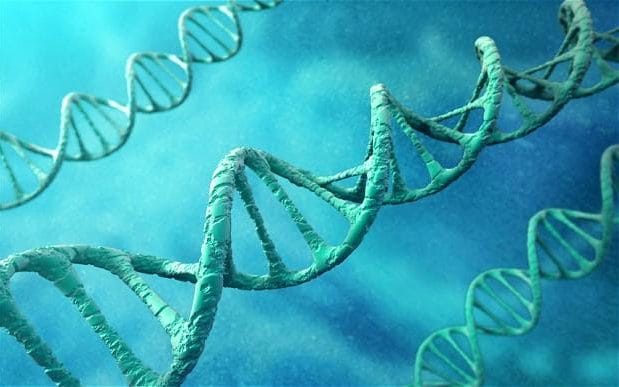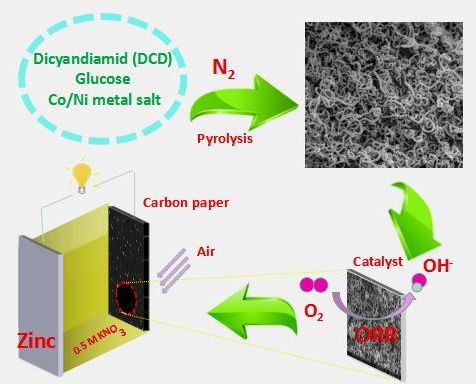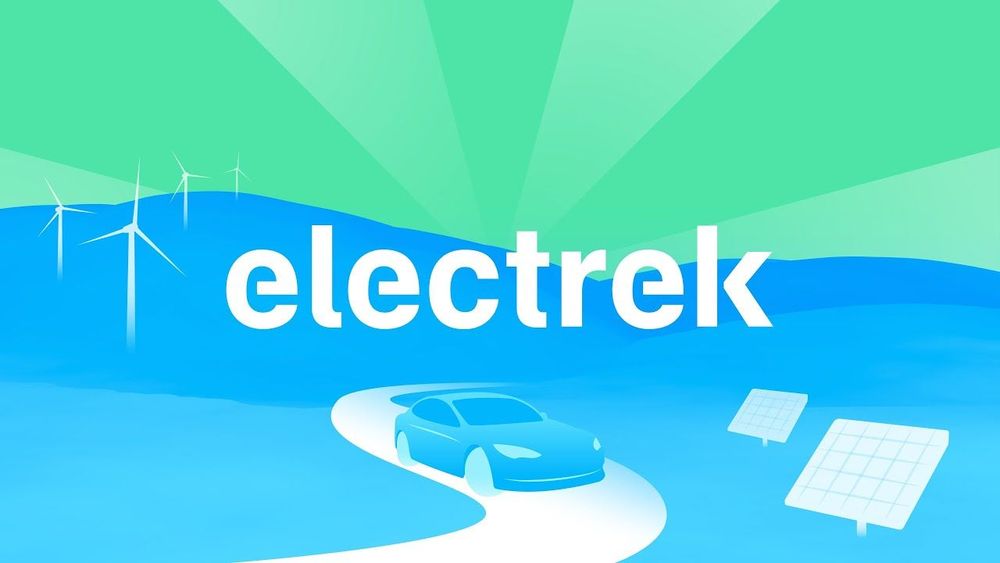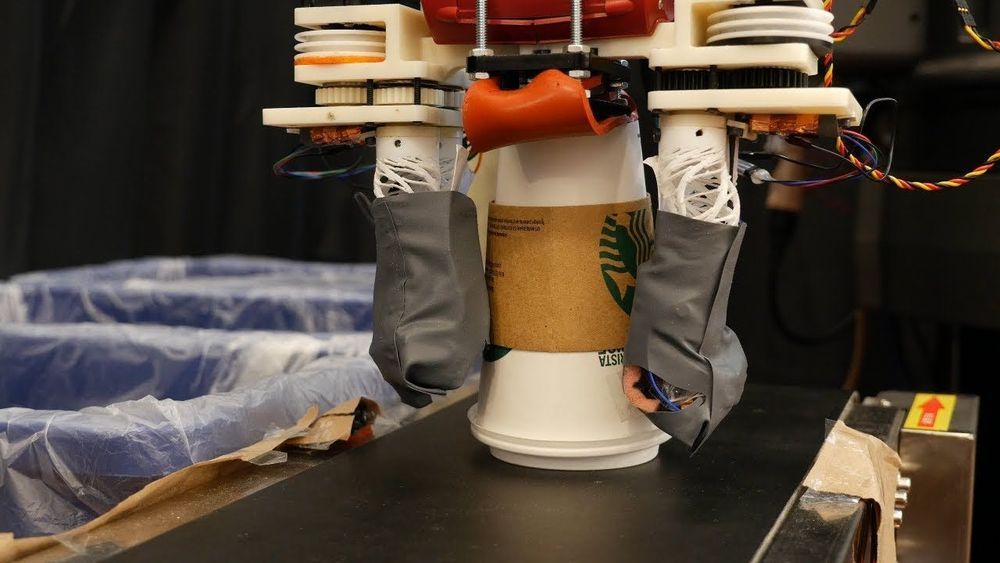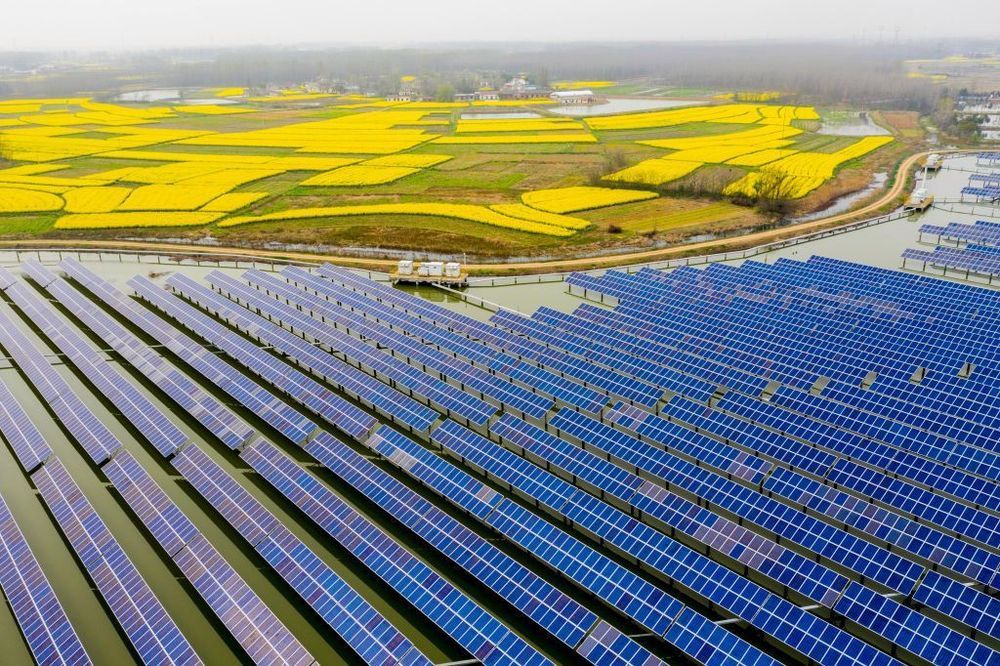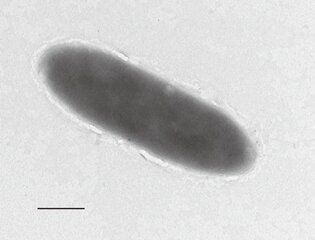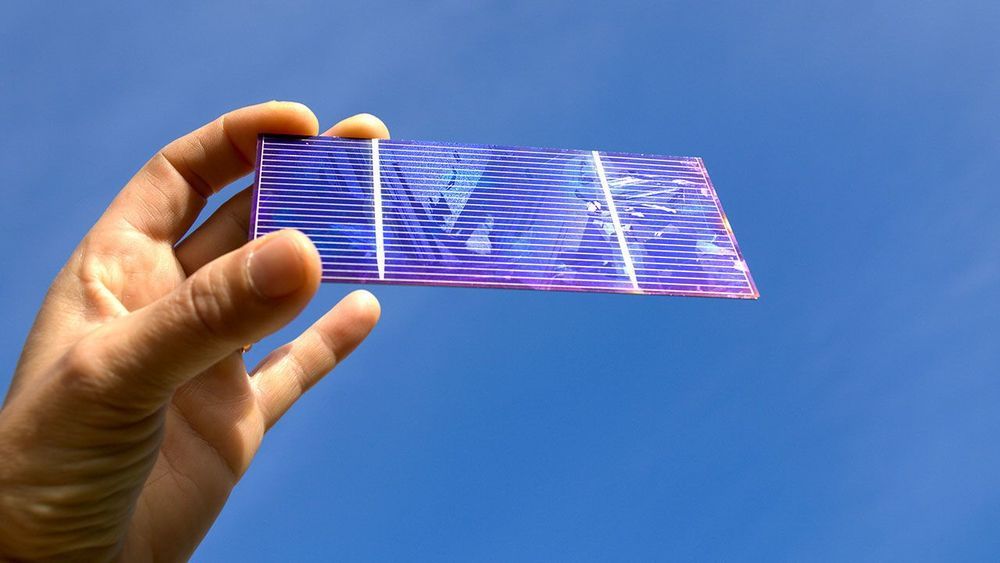Apr 17, 2019
The first of the TTC’s zero-emission electric buses rolled into town today (PHOTOS)
Posted by Quinn Sena in categories: sustainability, transportation
The first of the TTC’s zero-emission electric buses arrived today.
According to TTC spokesperson Stuart Green, the new vehicle must undergo testing and commissioning first before it can enter regular service later this spring.
The first of the #TTC ‘s zero emission electric buses arrived today! This @newflyer vehicle (#3700) will undergo testing and commissioning before it enters regular service later this Spring. We’ll have 60 e-buses by year end, making the TTC a national clean-tech fleet leader. pic.twitter.com/voobFV8JEM


